Navigating Pregnancy-Safe Makeup: A Comprehensive Guide to Avoiding Harmful Ingredients
Related Articles: Navigating Pregnancy-Safe Makeup: A Comprehensive Guide to Avoiding Harmful Ingredients
Introduction
With enthusiasm, let’s navigate through the intriguing topic related to Navigating Pregnancy-Safe Makeup: A Comprehensive Guide to Avoiding Harmful Ingredients. Let’s weave interesting information and offer fresh perspectives to the readers.
Table of Content
Navigating Pregnancy-Safe Makeup: A Comprehensive Guide to Avoiding Harmful Ingredients

The journey to motherhood is a transformative experience, and many women seek to maintain their beauty routines while navigating the changes of pregnancy. However, not all cosmetic ingredients are safe for expectant mothers and their developing babies. This comprehensive guide aims to illuminate the potential risks associated with certain makeup ingredients during pregnancy, providing valuable insights for informed choices.
Understanding the Importance of Safe Makeup During Pregnancy
The developing fetus is highly susceptible to environmental factors, including the chemicals found in cosmetics. Some ingredients can potentially disrupt hormonal balance, interfere with fetal development, or pose other risks to the mother and baby. While research on the impact of specific ingredients is ongoing, prioritizing safety and minimizing exposure to potentially harmful substances is crucial during pregnancy.
Common Makeup Ingredients to Avoid During Pregnancy
Here’s a detailed breakdown of ingredients commonly found in makeup that are best avoided during pregnancy, along with explanations of their potential risks:
1. Phthalates:
- Found in: Fragrances, nail polish, hairspray, lotions, and some types of makeup.
- Potential Risks: Disruption of hormonal balance, particularly affecting the endocrine system, which can lead to developmental issues in the fetus. Some studies suggest a link to birth defects and reproductive problems.
2. Parabens:
- Found in: Many cosmetic products, including moisturizers, shampoos, conditioners, and makeup.
- Potential Risks: Mimic estrogen, potentially disrupting hormonal balance and impacting fetal development. Some studies suggest a link to breast cancer and other health concerns.
3. Formaldehyde and Formaldehyde-Releasing Agents:
- Found in: Some nail polishes, hair straighteners, and lash glues.
- Potential Risks: Known carcinogens and respiratory irritants. Exposure can lead to skin irritation and allergic reactions.
4. Triclosan:
- Found in: Antibacterial soaps, toothpastes, and some cosmetics.
- Potential Risks: Potential endocrine disruptor, may interfere with thyroid function and fetal development.
5. Retinoids (Vitamin A Derivatives):
- Found in: Some anti-aging creams, acne treatments, and eye creams.
- Potential Risks: High doses of retinoids can be teratogenic, causing birth defects. Topical application during pregnancy is generally considered safe in moderate amounts, but it’s crucial to consult a dermatologist for personalized advice.
6. Hydroquinone:
- Found in: Skin lightening creams and products designed to reduce hyperpigmentation.
- Potential Risks: Potential endocrine disruptor, may interfere with hormone production and fetal development.
7. Mercury:
- Found in: Some skin lightening creams and mascara.
- Potential Risks: Highly toxic heavy metal, can damage the nervous system and fetal development.
8. Lead:
- Found in: Lipstick, eyeshadow, and some other makeup products.
- Potential Risks: Neurotoxin that can harm the developing brain and nervous system.
9. Aluminum:
- Found in: Deodorants, antiperspirants, and some eyeshadows.
- Potential Risks: Potential endocrine disruptor, may interfere with hormone production and fetal development.
10. Fragrance:
- Found in: Most cosmetic products, including perfumes, lotions, and makeup.
- Potential Risks: Often a mix of synthetic chemicals, some of which may be harmful to the fetus. Opt for fragrance-free products or those with natural essential oils.
11. Coal Tar:
- Found in: Some dandruff shampoos and hair dyes.
- Potential Risks: Potential carcinogen, may interfere with fetal development.
12. Dihydroxyacetone (DHA):
- Found in: Self-tanning lotions and sprays.
- Potential Risks: Limited research on its effects during pregnancy. It’s recommended to avoid or use with caution, consulting a dermatologist for advice.
FAQs: Addressing Common Concerns about Makeup Ingredients During Pregnancy
1. Are all makeup ingredients harmful during pregnancy?
No, not all makeup ingredients are harmful during pregnancy. Many natural and organic ingredients are generally considered safe. However, it’s crucial to research and understand the potential risks of specific ingredients.
2. How can I find out if a makeup product is safe for pregnancy?
- Check the ingredient list: Look for products that are free from the ingredients listed above.
- Look for certifications: Products certified by organizations like the Environmental Working Group (EWG) or the Leaping Bunny program often indicate safer ingredients.
- Consult your doctor or midwife: They can provide personalized advice based on your individual health history and pregnancy.
3. What are some safe alternatives to potentially harmful makeup ingredients?
- Mineral makeup: Often made with natural minerals like iron oxides, titanium dioxide, and zinc oxide.
- Organic makeup: Products formulated with certified organic ingredients, minimizing exposure to synthetic chemicals.
- Natural essential oils: Can be used in moderation for fragrance and other benefits.
4. Can I still use makeup during pregnancy?
Yes, you can still use makeup during pregnancy, but it’s important to prioritize safety. Choose products with safe ingredients and apply them sparingly.
5. When should I stop using certain makeup ingredients during pregnancy?
It’s generally recommended to avoid potentially harmful ingredients throughout the entire pregnancy, including the first trimester. Consult with your doctor or midwife for personalized advice.
Tips for Choosing Safe Makeup During Pregnancy
- Read labels carefully: Pay close attention to the ingredient list and avoid products containing the ingredients mentioned above.
- Research brands: Choose brands known for their commitment to safe and natural ingredients.
- Consider natural and organic options: These products are often formulated with ingredients that are less likely to pose risks during pregnancy.
- Talk to your doctor or midwife: They can provide personalized advice based on your individual needs and health history.
- Patch test before full application: This helps identify potential allergies or sensitivities.
- Minimize makeup usage: Apply makeup sparingly and avoid using products on sensitive areas.
Conclusion: Embracing Safe Beauty Practices During Pregnancy
Navigating the world of cosmetics during pregnancy requires careful consideration and informed choices. By understanding the potential risks associated with certain ingredients, expectant mothers can prioritize the health and well-being of both themselves and their developing babies. Choosing safe and natural products, coupled with a mindful approach to makeup usage, allows women to maintain their sense of beauty and confidence while embracing the transformative journey of motherhood.
Remember, this guide provides general information and is not intended to replace professional medical advice. Always consult with your doctor or midwife for personalized guidance on safe makeup practices during pregnancy.
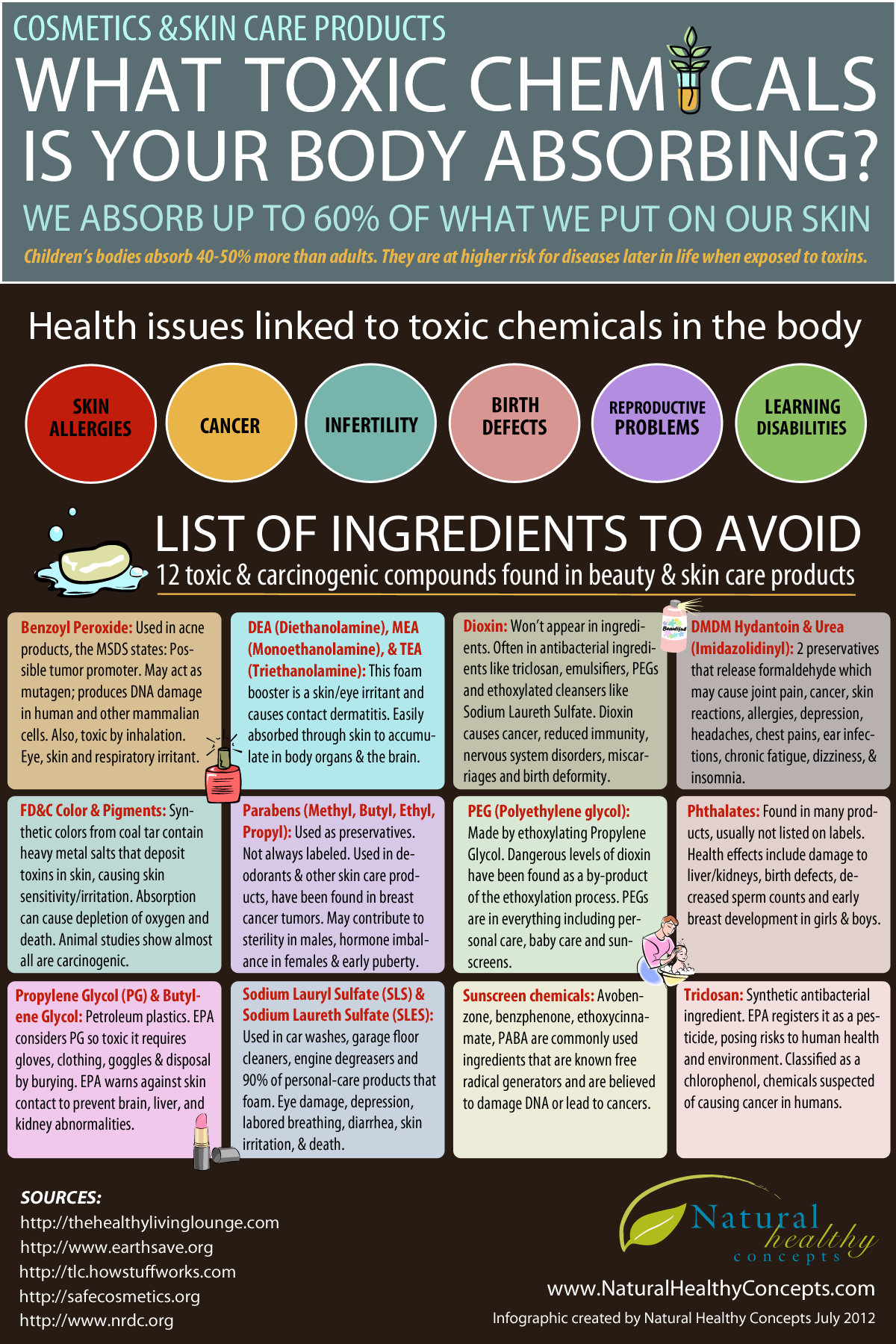
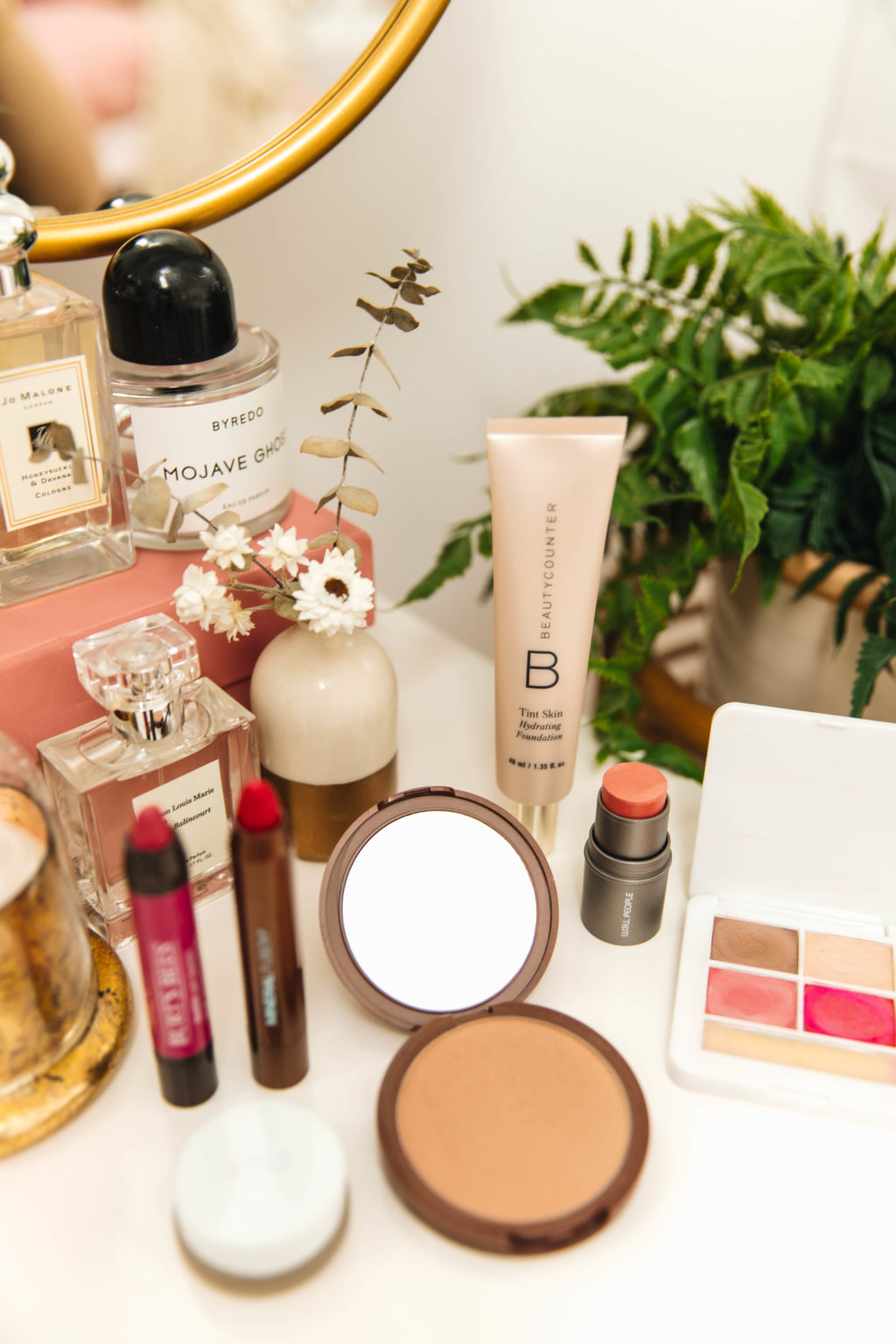
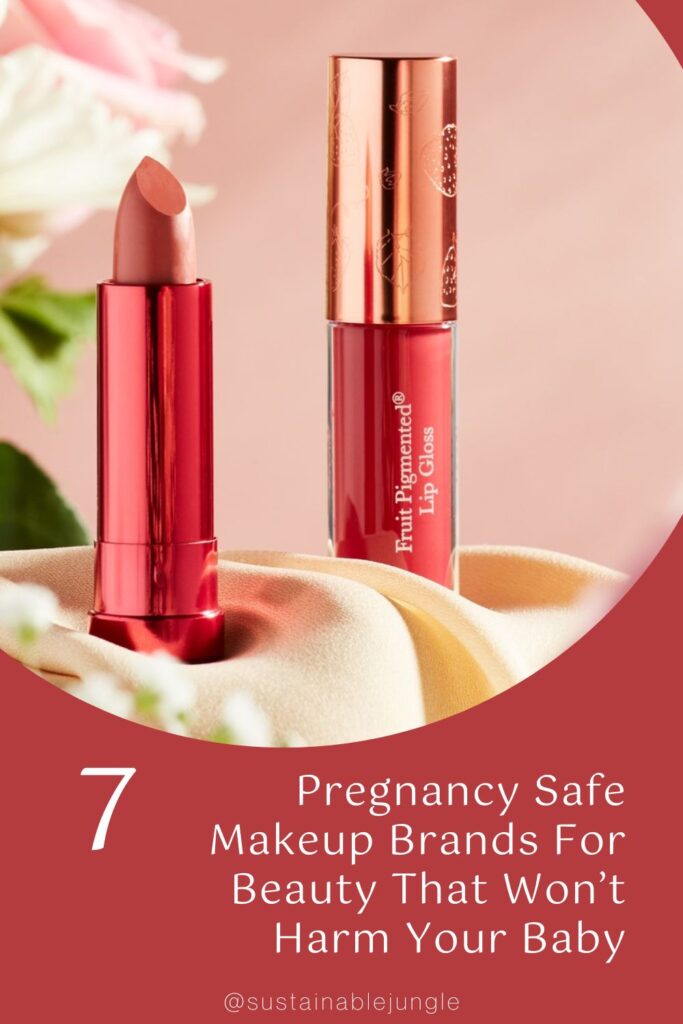

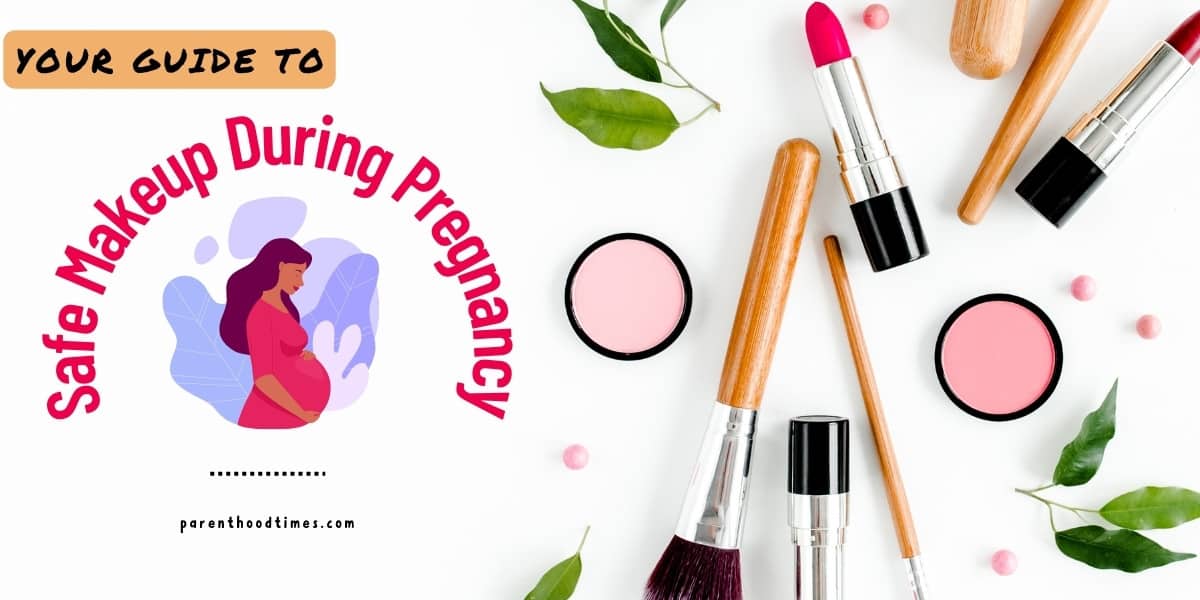
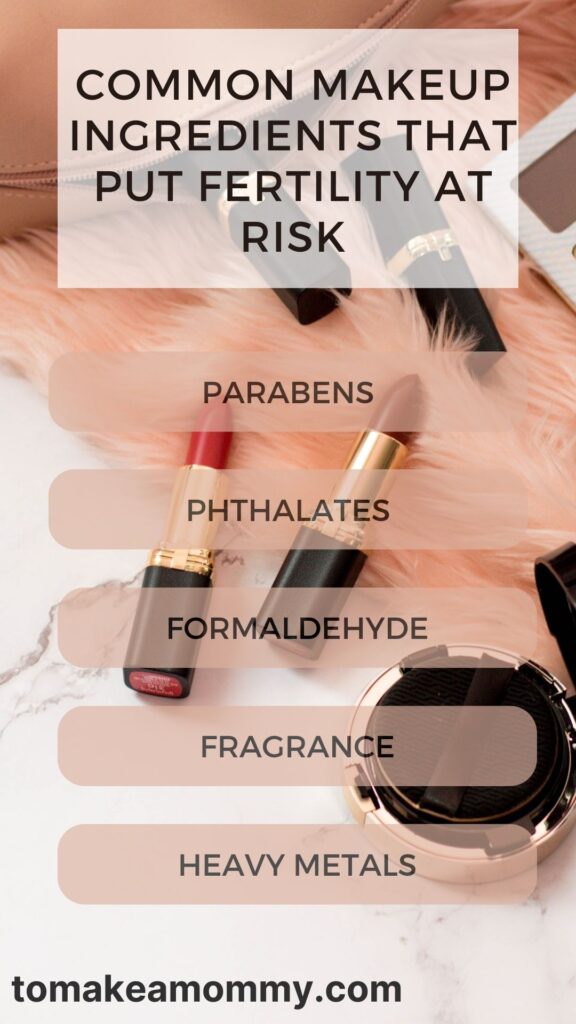

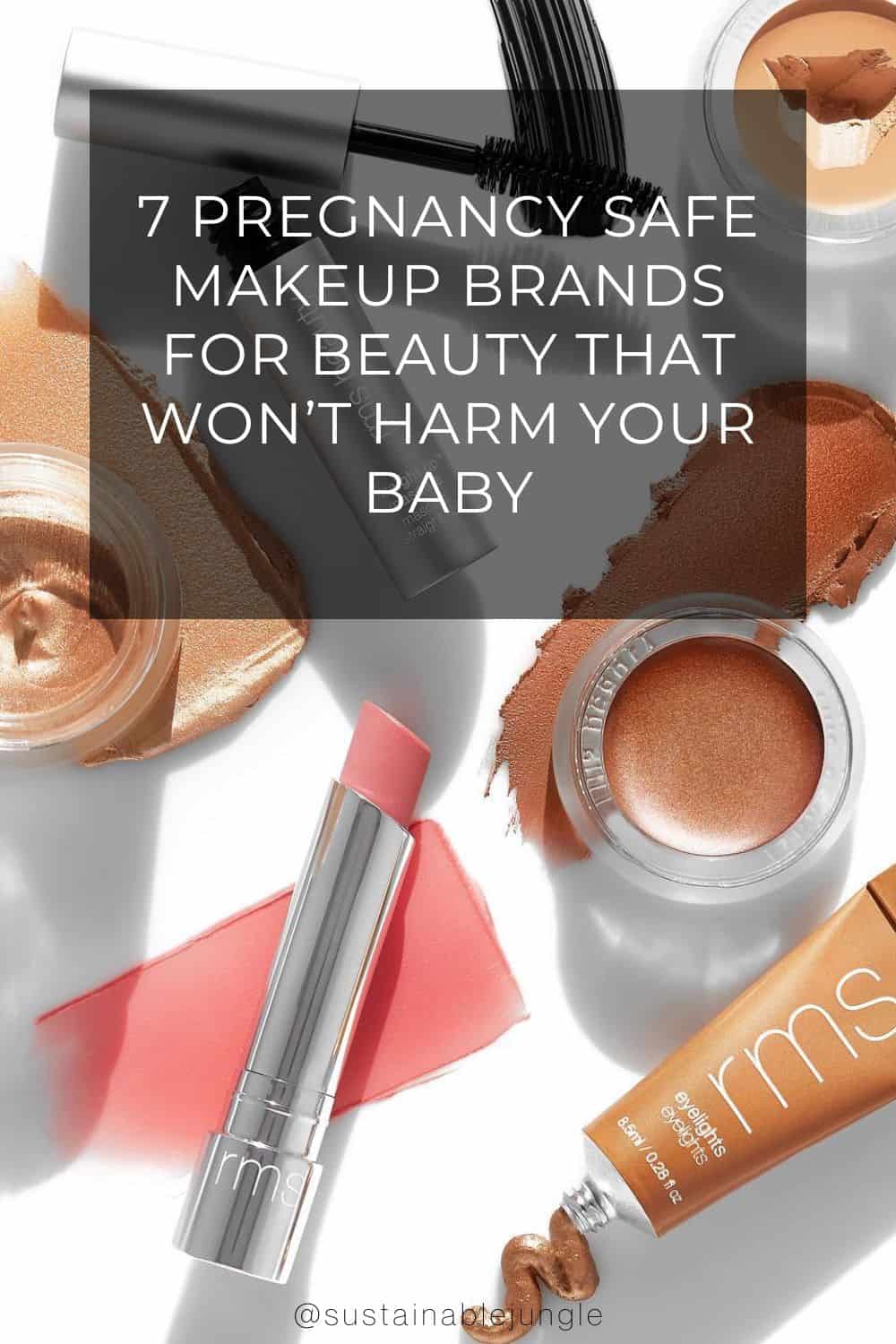
Closure
Thus, we hope this article has provided valuable insights into Navigating Pregnancy-Safe Makeup: A Comprehensive Guide to Avoiding Harmful Ingredients. We thank you for taking the time to read this article. See you in our next article!